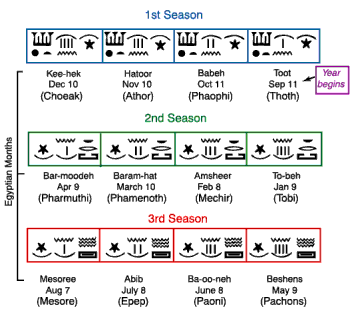We have this tendency to think of countries as sort of naturally-occurring phenomena. Border changes in funny parts of the world notwithstanding, we talk about Germany and Italy and Brazil and Russia and so on as if their outlines were already marked in dotted chalk on the ground as soon as the first humans arrived there. Yet these territories and languages and races are all figments of our collective imagination. Useful as administrative units, but elevated into super-tribal factions that divide people unnecessarily. It’s the hypocrisy I can’t stand.
Of course there are sound geographical reasons for some borders. In the case of Britain, there’s the fairly insuperable one we know as the sea. Still, we’ve been officially a part of the same country as France and various bits of Germany, and the internal borders between the home nations have been fought over just as those on mainland Europe have. And the natural boundary of the sea didn’t stop Britain from invading Ireland. It’s the hypocrisy I can’t stand.
I’ve been reading a lot about language recently, and, like lot of people, wondering about what qualifies something as a language rather than a dialect. Jamaican patois and Geordie, for instance, are only dialects of English, while Scandinavian languages that are at least as mutually intelligible count as separate. When I was a kid, Yugoslavs spoke Serbo-Croat. With the breakup of the former Yugoslavia, two new languages suddenly came into existence: Serbian and Croatian. Two people who used to converse happily in regional variations of the same language now officially need a translator to talk to each other. A phrase I’ve encountered more than once in these books is: “A language is a dialect with an army and a navy”. It’s the hypocrisy I can’t stand.
If you are a country and you officially send people to kill people somewhere else, they’re called soldiers. If you’re not a country, they’re called terrorists. Terrorists are bad because they’re not proper soldiers and because they kill innocent people, by which we mean people who aren’t soldiers. Soldiers are brave because they risk their lives trying to kill other people. Terrorists are cowards, though, because it’s only brave if you’re doing it for a specific country. When proper soldiers bravely kill people who aren’t soldiers in retribution for the cowardly killing of innocent people, it’s an unfortunate necessity. To get retribution for the cowardly acts of terrorism that weren’t sponsored by any actual country, we went and bravely bombed a couple of militarily inferior actual countries and deposed their elected leaders who didn’t have anything to do with the terrorism. The people we killed who weren’t soldiers weren’t innocent because the terrorists weren’t soldiers either, and didn’t wear a special uniform or anything, so when we went to bomb them we couldn’t tell who was a terrorist and who wasn’t. And since they were harbouring terrorists who aren’t proper soldiers, they were all basically terrorists themselves. Not that that means it’s fair for people to blame British civilians for the actions of the military they pay for (and celebrate in the media) in wars started by the governments they voted for. That’s totally different. Harbouring a terrorist makes you a terrorist, but harbouring a soldier doesn’t make you a soldier.
There’s a phrase I want to use; something about something I can’t stand….




